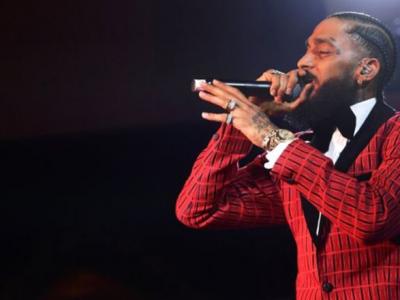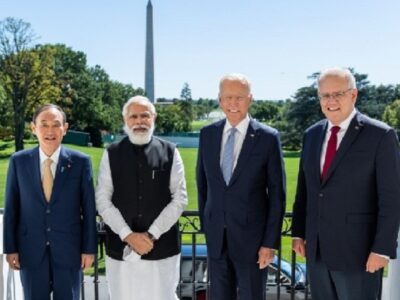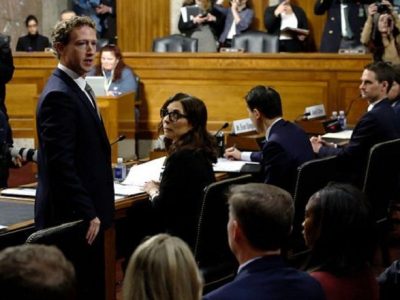(GERMANY, LANKAPUVATH) – Angela Merkel looked exhausted, strained, as she arrived at her party headquarters in the evening after the election ended.
Emerging from her car she arranged her face into a smile first for the cameras and then for the party faithful who’d gathered at CDU headquarters.
The chancellor knew she would most likely win this election. But it is not the victory she or her party had hoped for. It is the conservatives’ worst election result under her leadership. A verdict, perhaps, on her decision to open Germany’s doors to one million refugees.
Addressing her party, Mrs Merkel acknowledged the past four years had been hard. Nevertheless the party had still achieved its aim – to finish first.
The cheers rang a little hollow. Because the real success story of this election belongs to AfD.
Across the city, in a room filled with blue and white balloons, members of the anti-immigrant, anti-euro party cheered as it became clear they would not only enter the German parliament for the first time, but would be the third-largest party in the Bundestag after Mrs Merkel’s conservative CDU and her nearest rivals, the social democratic SPD.
Alexander Gauland is one of the AfD’s leaders – and now one of its MPs. Triumphantly, he told the jubilant crowd that his party would hunt down Mrs Merkel.
“Take back the country and the people”: for a Germany post-World War Two, it is extraordinary rhetoric.
But then AfD’s overtly xenophobic campaign, and the heckling which marred a number of Mrs Merkel’s rallies, are almost without precedent too. Outside the victory party, police officers kept a careful eye on anti-AfD protesters demonstrating against what is, for many, a shocking political development.




